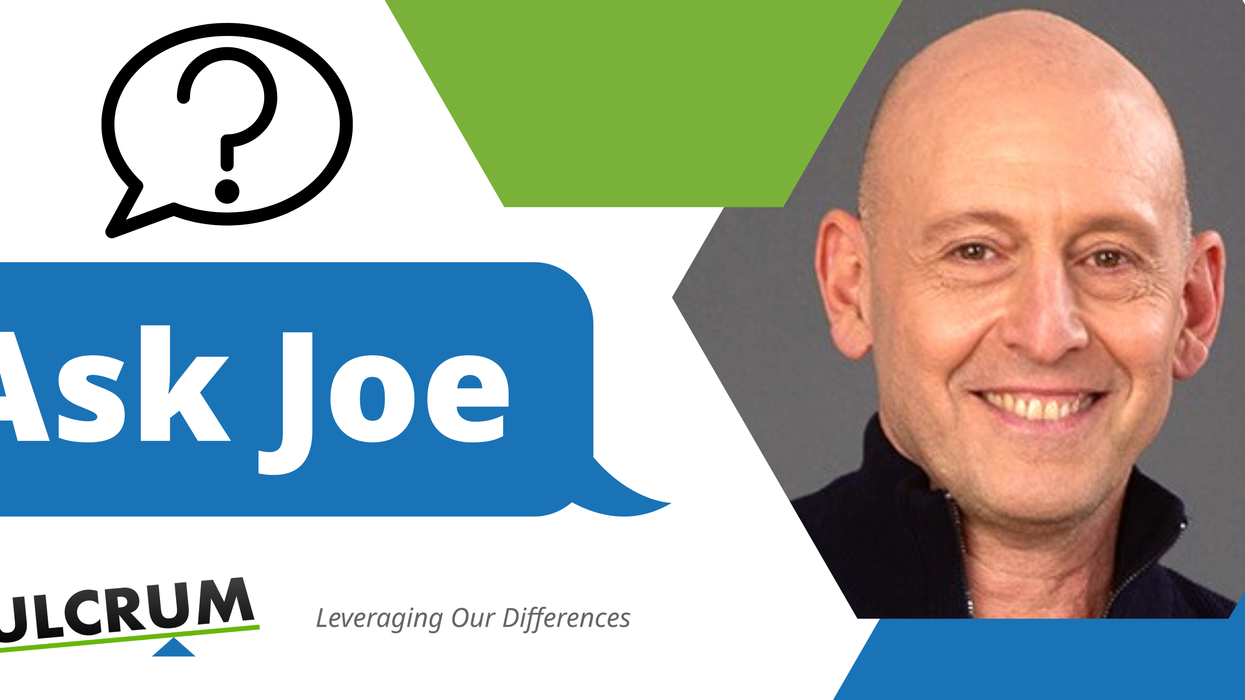Hi Joe,
I am devastated by the Supreme Court ruling on Roe v. Wade. I believe a woman should be able to make her own choices concerning her health. But my problem is that I also think there should be restrictions on abortions. I’m afraid to mention this to any of my friends or family. I tried bringing this up with a friend recently and she bit off my head. I don’t know what to do. I feel stuck.
Alone
Hello, Alone.
I’m sorry you are feeling this way. Everyone should be able to express their beliefs without it being taken as an attack. Especially amongst friends. That doesn’t mean that everyone needs to agree with you, but people who respect and care about each other should be open to at least hear you and find out more about where you are coming from.
The problem, of course, comes from our hyper-polarized time where there is no longer any subtlety for variations on viewpoints and beliefs. As the tension builds, we have sacrificed respectful, creative, nuanced dialogue for stubborn, reactive stances, reducing almost all important issues to a choice of This or That. We find ourselves in positions of “You’re either for us, or you’re against us.”
Increasingly, we equate our beliefs with our identity, so any differing views are perceived as an existential threat. We have forgotten that we have viewpoints and beliefs; not that we are our viewpoints and beliefs. Our viewpoints and beliefs are not fixed and unchanging, but rather transform over time. In a healthy social and civic system, our viewpoints and beliefs shift, grow and evolve as a way to adapt to our ever-changing world and our experiences.
I would say that it is possible to advocate for women having agency over their own bodies, and also be concerned about the possible outcome of a fetus. Not either/or, but instead both/and. Imagine if more people were able to have that discussion! I’m sure that there are many people who support women in making their own choices about their bodies and health who can also hold the notion of different outcomes of a fetus. In what has been an often divided conversation, there are people working to ensure women’s rights who can also support limits on abortions.
Imagine if these people engaged in productive dialogue and approached each other with civility and fierceness, curiosity and compassion. Solutions could emerge that would both reduce unplanned pregnancies and the number of abortions in the United States while still ensuring women’s health and autonomy.
There are two important steps that would need to happen. The first is for all of us to let go of the false idea that simply creating a law or policy makes people stop doing what they were already doing. The second is to look beyond the single issue of abortion and understand the larger issues relating to it. The process of collaboration and bringing in diverse voices from all sides is messy. But it plants the seeds for new solutions that will get buy-in from all involved and potentially lead to a lasting transformation of viewpoints, habits and patterns.
I’m not sure if any of this is comforting. The potential is that it can give you the confidence to be part of a better solution. And perhaps offer you some hope that you’re not alone when it comes to this complex and deeply personal issue. Perhaps you can find others who are open to discussion. If you choose to have those conversations, make sure to set up some guidelines and boundaries to ensure a sense of safety for all. You may be surprised at what people share if they are invited into a conversation that is respectful, heart-centered and creative.
Try your best to stay engaged,
Joe
Joe is an advice columnist, conflict resolution specialist, trainer, coach, advocate for lasting peace, and founder of the Fierce Civility Project. Ask Joe is dedicated to exploring the best ways to transform tensions and bridge divides. Our resident advice columnist and conflict resolution specialist, Joe Weston, is here to answer your questions in order to resolve tension, polarization, or conflict.
To Ask Joe, please submit questions to: AskJoe@Fulcrum.us.




















